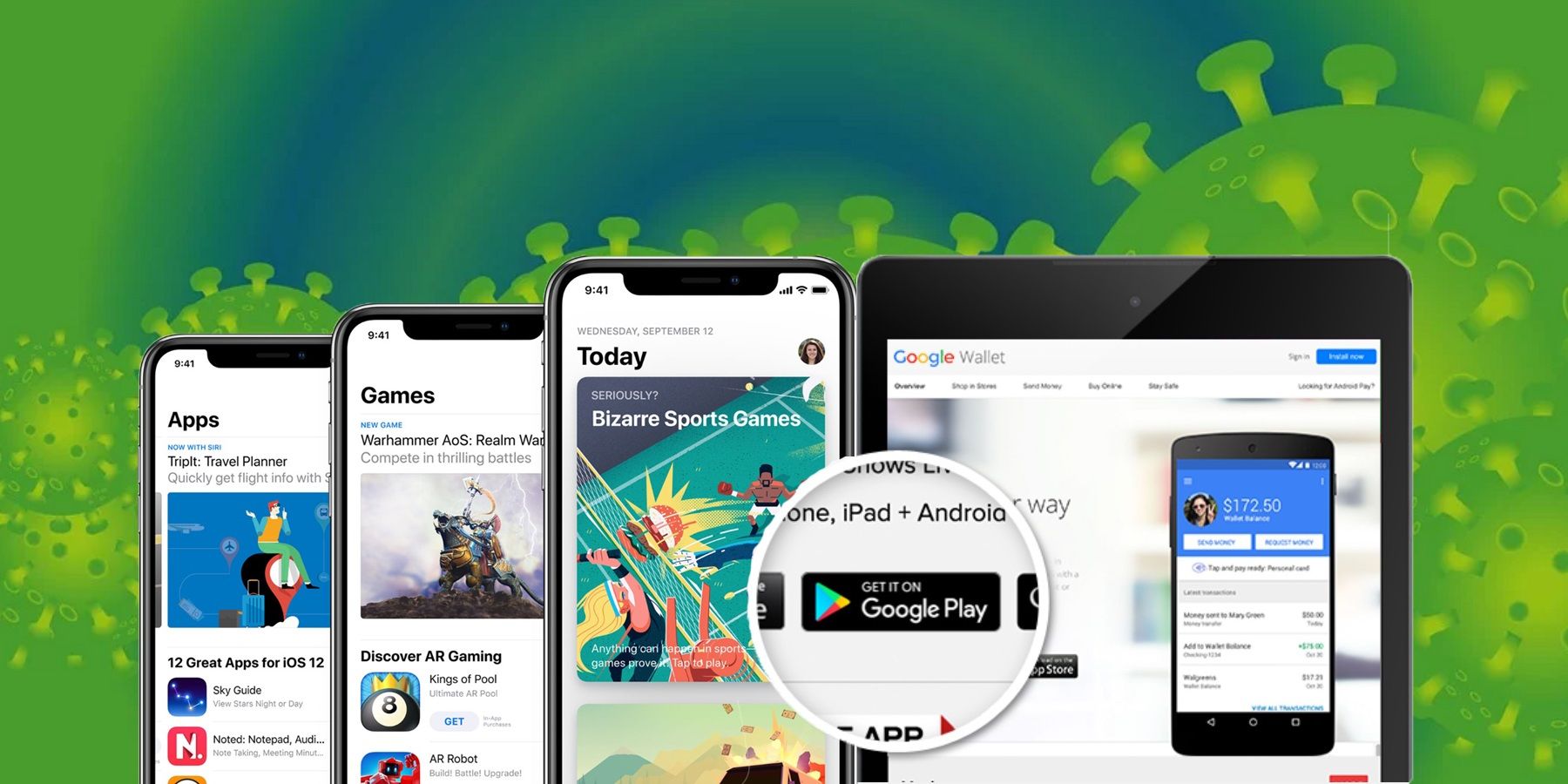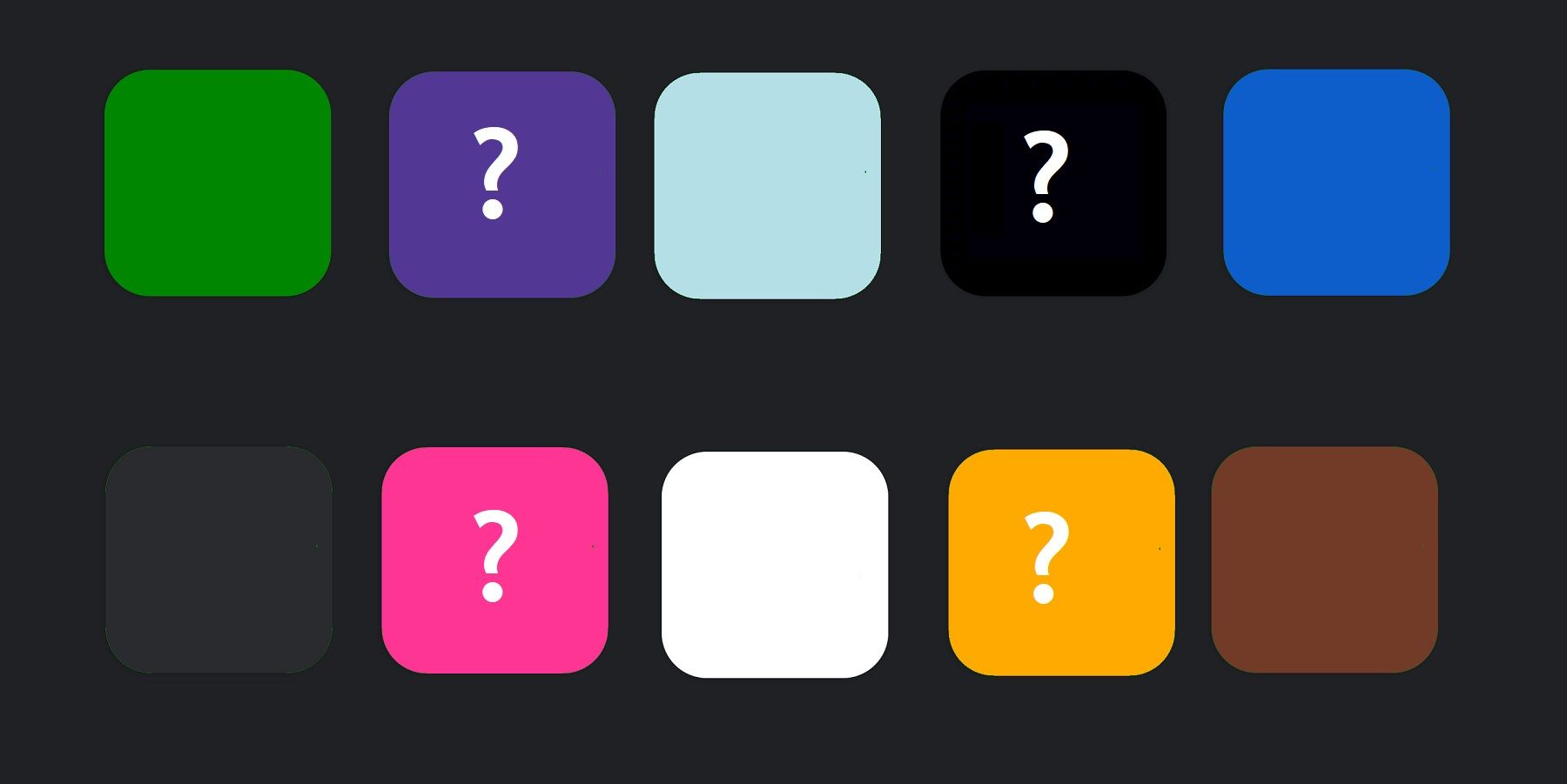Apple and Google appear to be limiting the availability of coronavirus-apps on the App Store and Google Play. Neither company has actively confirmed a change in policy, although developers and media reports are pointing to a clear reduction in the number of apps available.
It has become a real challenge to limit the spread of coronavirus, although it is not just the virus itself that’s proving to be an issue. Even since the outbreak came to light, the internet has been inundated with information and while most of it is positive, some of it is not. It is this latter section that tech companies have been working hard to reduce, in a bid to stem the flow of misinformation surrounding a global health issue.
According to a report by CNBC, app developers have confirmed that Apple is no longer approving some iOS apps related to coronavirus unless they come from trusted health organizations. While it makes sense for Apple to want to limit the apps with dangerous information, some of those noted as rejected claim to provide vital information, such as up-to-date details on the outbreak provided by official sources. The report also points out that the same appears to be true with the Google Play Store, due to popular phrases associated with the virus no longer returning any app results.
Removed Apps Or Just Hidden Apps?
When it comes to the Play Store, this seems to be more a case of Google hiding Android apps, rather than removing them. For example, while neither “coronavirus” nor “Covid-19” return any results, searching for “covid19” or “cov19” does return results, albeit a varying number depending on the keyword. Due to this, the apps appear to be still accessible via the Play Store, but Google has simply removed their visibility for more common search terms. As for the App Store, apps do appear to be still going live on iOS, even if all of them are not. For example, the “Cov19” app is showing as available to download on iPhone and iPad, and this app only went live on March 5, 2020.
In reality, there’s nothing wrong with Apple or Google trying to limit apps that might be providing bad information. However, most companies and services have been going above and beyond to make information as accessible as possible during this time. For example, Tinder is warning users of how to stay safe, while the World Health Organization joined TikTok just to get the message out. In contrast, the more blanket approach that Apple and Google appear to be taking runs the risk of doing more harm than good, and is yet another example of the fundamental lack of proper app store moderation.
Source: CNBC


